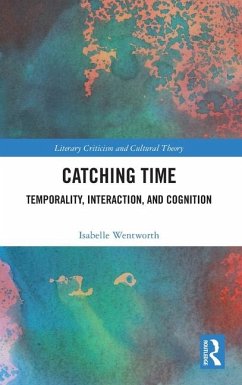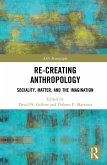'Time travels in divers paces with divers people.' Shakespeare's oft-quoted line contains a hidden ambiguity: not only do individual people experience time differently, but time travels in diverse paces when we are with diverse persons. The line articulates a contemporary understanding of subjective time: it is changed by interaction with our social environment. Interacting with other people-and even literary characters-can slow or quicken the experience of time. Interactive time, and the paradigm of enactive cognition in which it sits, calls for an expansion of traditional ideas of time in narrative. The first book-length study of interactive time in narrative, Catching Time explains how lived time and narrative time interpenetrate each other, so that the relational model of subjective time acts as a narrative function. Catching Time develops a novel, interdisciplinary framework, drawing on cognitive science, narratology, and linguistics, to understand the patterns of temporality that shape narrative.
Bitte wählen Sie Ihr Anliegen aus.
Rechnungen
Retourenschein anfordern
Bestellstatus
Storno








